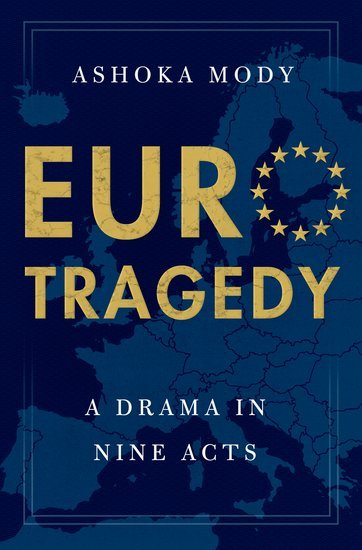Ashoka Mody has a fine article The Euro Area’s Deepening Political Divide on VoxEU on how recent national elections in Germany and Italy suggest that people of Europe are drifting apart.
He also gives a historical context to what voters think. For example, he says:
And in September 1992, the French public came within a whisker of rejecting the single currency.
The voting pattern in the French referendum eerily foreshadowed recent political protests. Those who voted against the single currency tended to have low incomes and limited education, they lived in areas that were turning into industrial wastelands, they worked in insecure jobs, and, for all these reasons, they were deeply worried about the future (Mody 2018: 101–103). By voting against the Maastricht Treaty, they were not necessarily expressing an anti-European sentiment; rather, they were demanding that French policymakers pay more attention to domestic problems, which European institutions and policies could not solve.
He also has a new book, Eurotragedy – A Drama In Nine Acts, soon.
In his article, Mody also refers to Kaldor’s prescience from his article The Dynamic Effects Of The Common Market first published in the New Statesman, 12 March 1971 and also reprinted (as Chapter 12, pp 187-220) in Further Essays On Applied Economics – volume 6 of the Collected Economic Essays series of Nicholas Kaldor. You can read some quotes from this article here.
